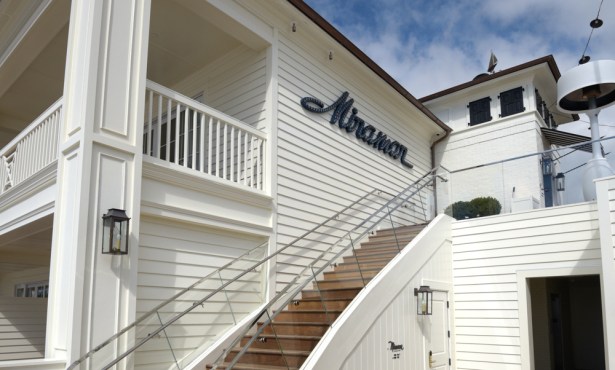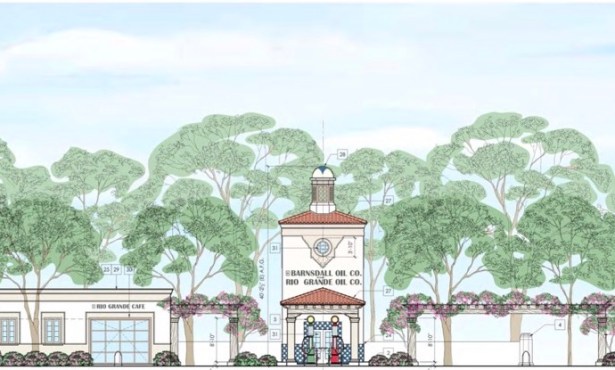Banking Seminar Aims to Ease Concern
Montecito Bank & Trust Hosts Information Session After Financial Crisis
This week’s volatility in the stock market, combined with the concurrent government bailout of insurance giant A.I.G., the bankruptcy of the Lehman Brothers investment bank, and Bank of America’s takeover of Merrill Lynch, have made everyday people a bit jumpy with regard to their assets. In response to financial angst felt around Santa Barbara’s relatively wealthy community, Montecito Bank & Trust offered a seminar on banks, and what, if anything, there is to worry about. In point of fact, the seminar – with Bill Watkins of UCSB Economic Forecast Project fame as its featured speaker – was planned in advance, but as Watkins observed, it was timely.
“It’s just money, and there are more important things than money,” said Watkins to nervous laughter as he expounded upon the beauty of Santa Barbara, noting that financial markets have been a mess for about a year now. “The crystal ball is really cloudy right now. This is outside what we’ve ever experienced before,” he said.

Because the current financial crisis is one of the most dynamic fluctuations in the market in decades – most analysts say they haven’t seen anything like it in their working lives – many have been looking to the stock market crash of 1929 and the ensuing Great Depression as a frame of reference. However, Watkins told Santa Barbarans that the financial world was much simpler then, with less complicated financial instruments and less of an assurance that bank runs – more often than not caused by psychological factors – wouldn’t have a crippling effect on people’s finances.
Watkins assured the audience that the insurance provided by the Federal Deposit Insurance Corporation (FDIC) is sound and that insured banking institutions will be able to get the money they need if necessary. “Most of the institutions in trouble are unregulated – outside the traditional banking structure,” he said. As has been seen in the last few weeks, independent investment banks, hedge funds, insurance companies, and the like are the ones most affected by the current financial turmoil. He explained that insured financial institutions, while secure, do not offer the same potential yield as do unregulated ones, so investors look for new ways to make their money work for them – something the average suburbanite might not be interested in. “With FDIC-insured banks, they’ll borrow money if they have to to make sure you’re covered. You’ll get your money.”
Lauding Federal Reserve Board Chair Ben Bernanke’s leadership, Watkins – who used to work for the Fed himself – said that nobody knows more about the 1929 crash than Bernanke, so a repetition of the mistakes made then is unlikely. “That doesn’t mean we won’t make mistakes, but they’ll be new mistakes – different from the ones we made in the 1930s.” When an audience member asked about the likelihood of a domino effect of failing banks, Watkins explained that the difference between then and now is that the Fed retracted liquidity from financial institutions in 1929, only exacerbating the situation. Today, they have opted to “stop the bleeding now” by offering liquidity, dealing with the resulting inflation later. “So far, the U.S. economy has shown a lot of resilience.”
Although economic growth on the South Coast has been slow, Watkins said that the region has benefited from opting out of the rapid growth occurring in other places a few years ago. In other words, steady growth has been good. Credit availability surfaced as one of his main concerns, however, since it will be more difficult for businesses to secure lines of credit to provide the cash necessary for growth.
Furthermore, Watkins predicted that growth in California will not occur for at least another couple of years due to the housing crisis – which, due to prices soaring above the national average, has hit the state harder than most – and the state’s current budget dilemma. As far as a loss of wealth goes, Watkins explained that it has occurred across the board. Despite the fact that funds tied up in FDIC-insured institutions are safe, people across the board have lower net worth. Perhaps the most important message offered was “know what you’re buying. Most small bankers are conservative and try to make good loans and recognize their position in the community.”



